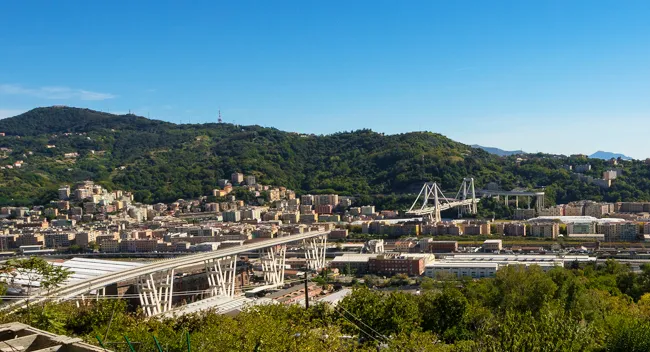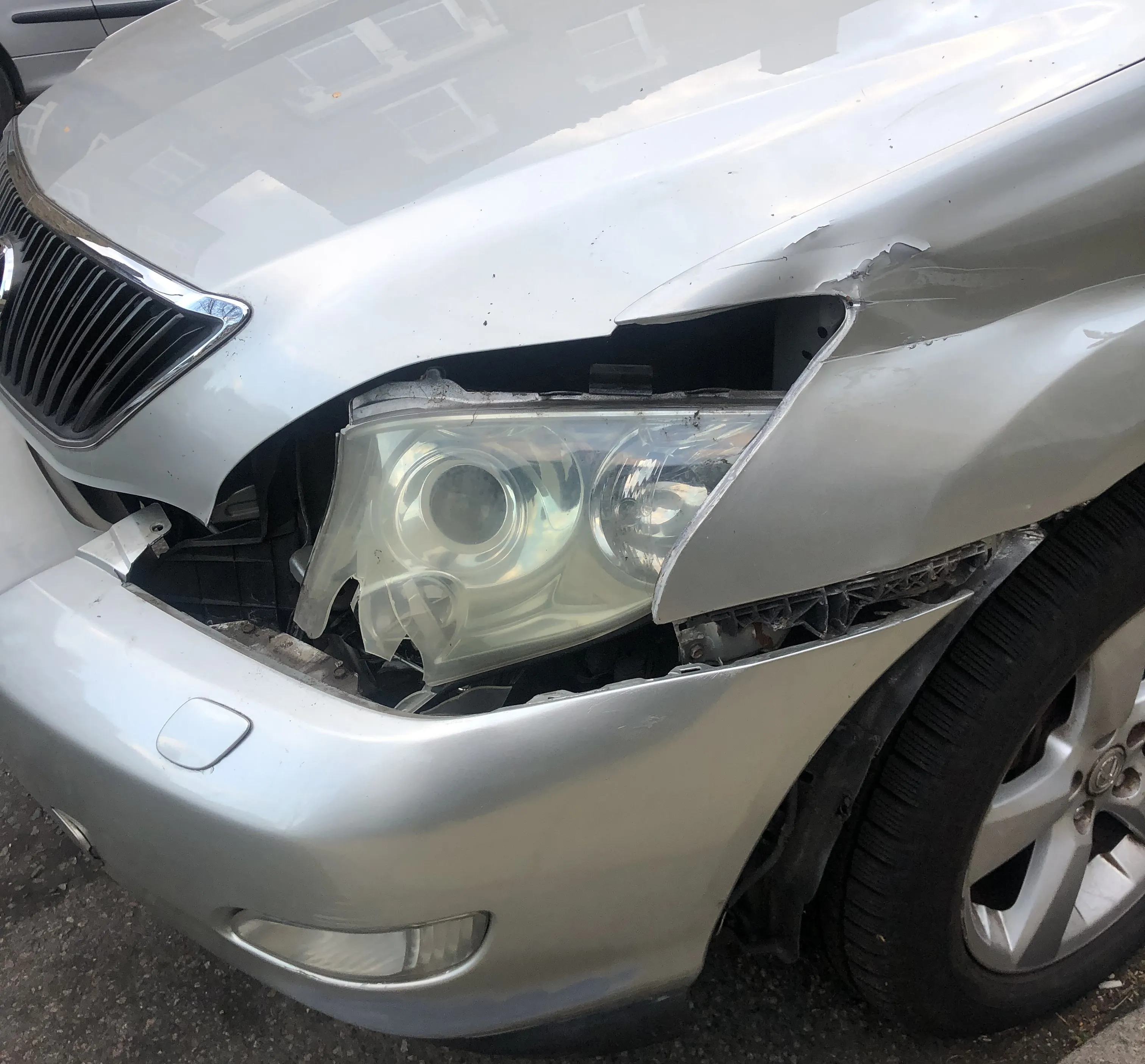A survey of drivers carried out in the UK reveals that a significant portion believe their spouse to be their most annoying passenger. This could pose a serious risk too since annoying passengers can provide a major distraction to drivers. The survey, carried out by car leasing firm OSV said that 43% of male drivers and 41% of female drivers found their spouse to be the most annoying passenger. The survey also found that around 65% of motorists admit to regularly arguing in their car. Other annoying passeng
January 4, 2016
Read time: 2 mins
A survey of drivers carried out in the UK reveals that a significant portion believe their spouse to be their most annoying passenger. This could pose a serious risk too since annoying passengers can provide a major distraction to drivers. The survey, carried out by car leasing firm OSV said that 43% of male drivers and 41% of female drivers found their spouse to be the most annoying passenger. The survey also found that around 65% of motorists admit to regularly arguing in their car. Other annoying passengers include children (16%) and siblings (11%).
Almost one in seven UK drivers admitted that passengers eating gets on their nerves, although being a backseat driver is considered the most common irritating characteristic. Other passenger gripes include; playing with the radio, asking for toilet breaks and not wearing a seatbelt.
Co-Founder of OSV Ltd, Debbie Kirkley said: “If a driver becomes annoyed or stressed out because of a passenger, they may become distracted. As we are all aware, being distracted increases our chances of being involved in an accident and in order to prevent this, we suggest you tell a passenger how you feel before setting off on a car journey.”
Almost one in seven UK drivers admitted that passengers eating gets on their nerves, although being a backseat driver is considered the most common irritating characteristic. Other passenger gripes include; playing with the radio, asking for toilet breaks and not wearing a seatbelt.
Co-Founder of OSV Ltd, Debbie Kirkley said: “If a driver becomes annoyed or stressed out because of a passenger, they may become distracted. As we are all aware, being distracted increases our chances of being involved in an accident and in order to prevent this, we suggest you tell a passenger how you feel before setting off on a car journey.”








